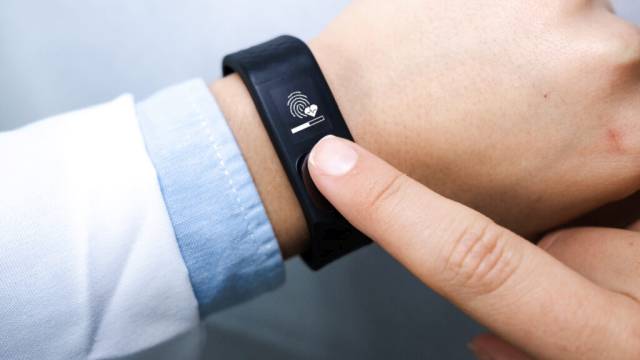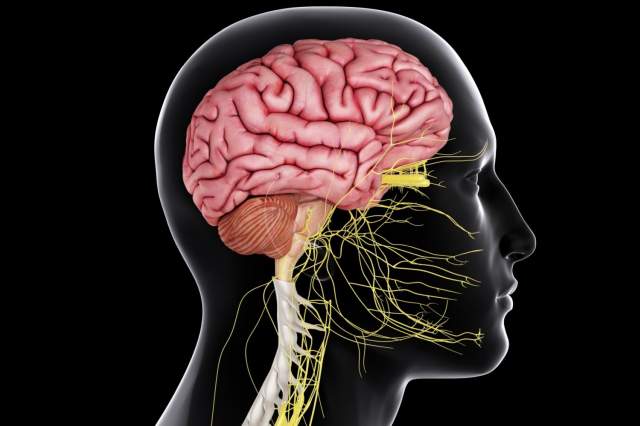Okay, let’s chat about something that pretty much affects everyone in this crazy-fast world: stress. Seriously, it feels like the pressure cooker of life just keeps getting turned up, doesn’t it? Especially now, the demands feel higher than ever. But what if managing stress wasn’t just about deep breaths and bubble baths anymore? (Though, hey, those can still be nice!). We’re actually stepping into a whole new era of stress management, mixing cool new tech with wisdom that’s stood the test of time. Forget just getting by; it’s really time to thrive. Ready to dive into how you can find a calmer, healthier you this year?
Stress is Changing, Right? Here’s the Deal
Just think about your average day for a sec. You’ve got constant pings from your phone, work deadlines piling up (maybe even from your couch?), family stuff to juggle, and just trying to keep pace with, well, everything. It’s a lot. This digital age? Sure, it connects us in some ways, but it’s also totally blurred the lines between work and personal life, piling on some unique pressures. This is a big reason why stress management innovations for working parents are becoming so incredibly important. That old advice to just “unplug”? Yeah, it’s not always practical, and honestly, often it’s just not enough anymore.

We’re seeing more burnout, more anxiety, and just that general feeling of being swamped. Look, traditional stress coping mechanisms definitely still have their place, but they don’t always get to the root of the problem, or handle just how intense things feel these days. We need a fresh game plan, you know? A solid guide to managing stress in the digital age that actually gets what we’re up against. This isn’t just about feeling better for a minute; we’re talking about sustainable emotional wellbeing techniques for the long haul.
Get Ready for Some Game-Changing Stress Busters
Alright, buckle up, ’cause this is where things get really interesting! Science and tech are handing us some amazing new tools. Let’s check out some of the best stress management techniques that has cooking:
Having a personal stress coach right there in your pocket. That’s kind of the promise of AI! We’re seeing some pretty smart apps that actually learn your specific stress patterns and what sets you off. Wondering how to manage stress with AI tools? Well, these platforms can jump in with real-time suggestions, offer mindfulness exercises picked just for you, or even help tweak your schedule before stress hits. Things like personalized stress reduction plans for millennials, who are often pretty tech-savvy, use AI to look at data from your fitness tracker or smartwatch and suggest super-specific strategies. We’re not talking generic advice here; this is data working for you, making digital tools for stress management way more effective than they used to be.
Okay, remember mood rings? Think of today’s wearables as their way smarter grandkids! The newest technologies for stress management pack sensors that keep tabs on things like your heart rate variability (HRV), how much you’re sweating (electrodermal activity), and even how you’re breathing, all clues about your stress levels. Biofeedback techniques for stress reduction use this info to show you, right then and there, what’s happening in your body. Your watch might give you a gentle nudge to take a few deep breaths if it senses stress rising, helping you learn to consciously calm your body down. It’s basically like having a dashboard for your own nervous system. Pretty cool, right?

This next one might sound a bit sci-fi, but trust me, it’s actually happening. Gentle electrical or magnetic nudges are being explored to help tweak the brain activity linked to stress and anxiety. Then there’s neurofeedback think biofeedback, but specifically for your brain waves – which trains you to shift into calmer states, really boosting that mental resilience building. It’s still early days for sure, but these neuro-tech ideas are pushing the boundaries on how we might directly help our brains handle stress better.

You know that saying, “You are what you eat”? Well, it’s getting a serious tech upgrade! Nutrigenomics is all about figuring out how your specific genes affect how you respond to different foods and nutrients. This means we can create eating plans tailored just for you, aiming to help your body handle stress better. Maybe your genes mean you need more B vitamins than average, or perhaps certain foods tend to spike your cortisol (that stress hormone). It’s a super personalized approach that goes way beyond generic diet tips, making it one of the key natural stress relief solutions trending and offering cortisol reduction tips based on your unique biology.

Need a quick escape from the daily grind without actually leaving your house? VR’s got your back. Pop on a headset, and you can be transported to a peaceful beach, guided through a super immersive meditation, or even practice facing stressful situations in a totally safe space (it’s a type of exposure therapy). Imagine chilling out on a virtual beach after a really rough workday! VR is turning out to be a powerful and engaging way to tap into relaxation therapies.

Don’t Forget the Tried-and-True Stuff (Just Smarter)
Okay, so all this tech is awesome, right? But let’s be real, we can’t just ditch the holistic methods that have worked for ages. The real magic is figuring out how to blend them together intelligently.
Mindfulness isn’t exactly new news, but how we practice it is definitely evolving. Tech-boosted apps are using biofeedback to customize guided meditations or using AI to give you insights into how your practice is going.
